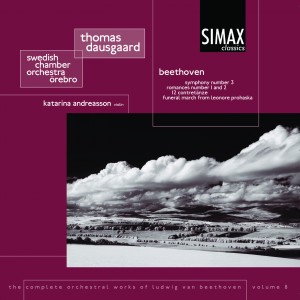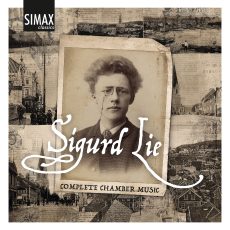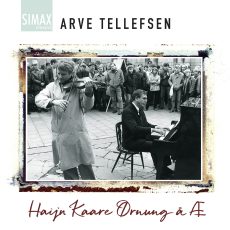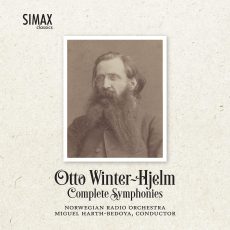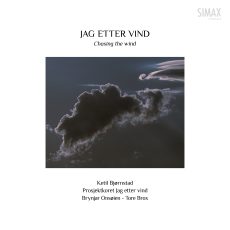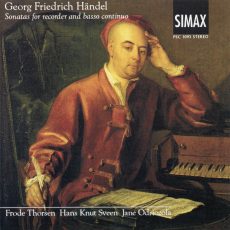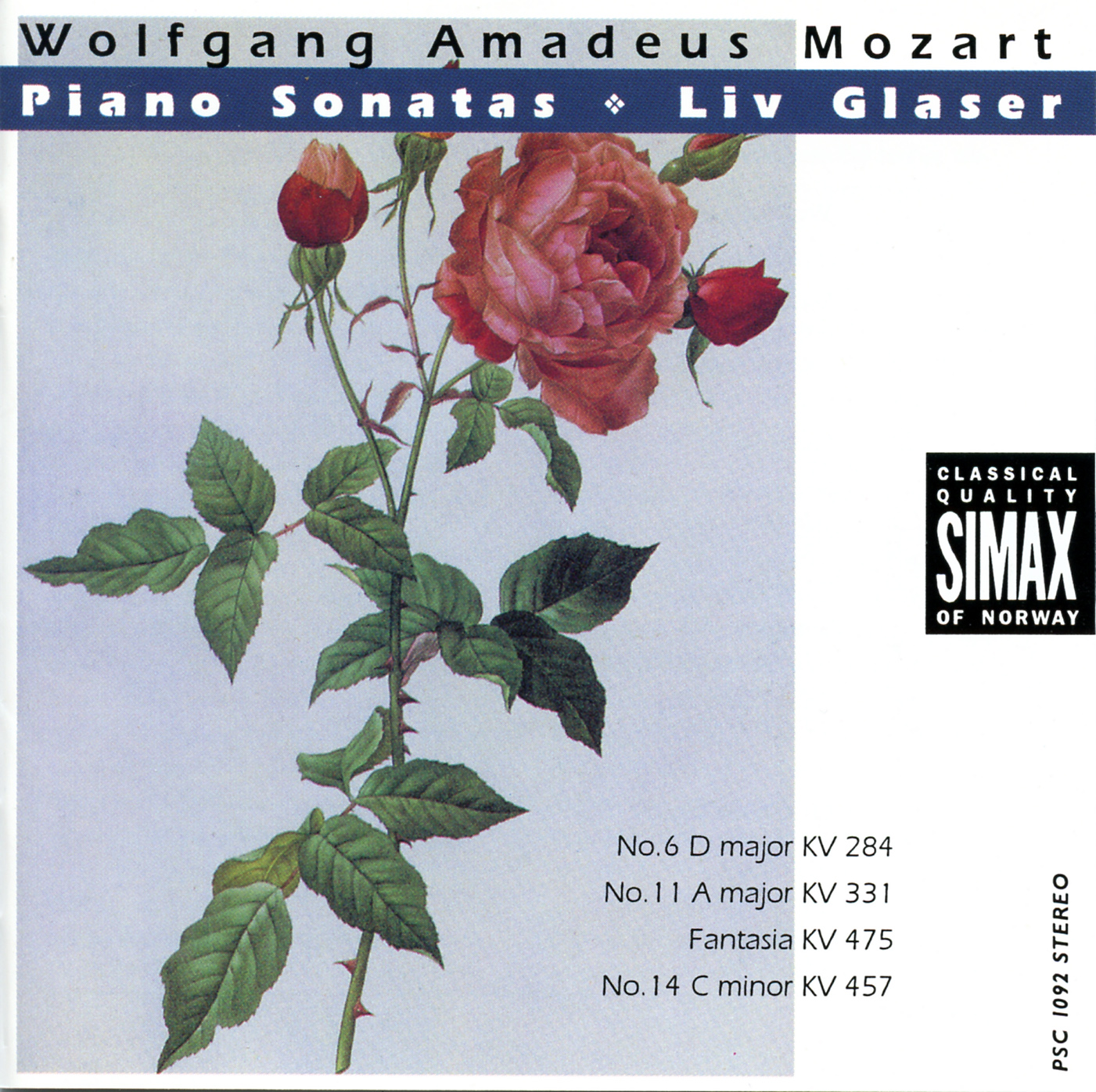Beethoven’s orchestral music in fiery interpretations presented in an all-transparent soundscape. An Eroica vibrant with the struggle and heroism so central in the work of Beethoven, The Swedish Chamber Orchestra and Dausgaard comes at you with relentless vigor. This is the real deal.
The Eroica
Beethoven scratched out the dedication to Napoleon on the original manuscripts, changing it to ‘Heroic Symphony to celebrate the memory of a great man’. In fact, Beethoven himself claimed that if he knew as much about strategy as he did about music, he could indeed defeat Napoleon. What remains a fact is that the Eroica, twice as long as any previous symphony, set the model for the heroic works of the Romantic period. It is a work that expresses Beethoven’s own personal struggle and heroism, and with them those of whole of the rest of humanity as well.
Broadened understanding of Beethoven
A relatively small proportion of Beethoven’s output is well established at the very centre of the orchestral repertoire. Our view of Beethoven is, in effect, determined by listening to a relatively small proportion of his output. When presented to his entire orchestral music, as in this celebrated series with the Swedish Chamber Orchestra and Thomas Dausgaard, our understanding is broadened. The Twelve Contredances from 1802 and Overture to Leonore Prohaska belong in the category of not so well known pieces from the master. The two single-movement Violin Romances both have the character of concerto slow movements and have earned their place in the repertory by demonstrating a rich vein of warm lyricism. Soloist Katarina Andreasson is the concertmaster of the Swedish Chamber Orchestra.









